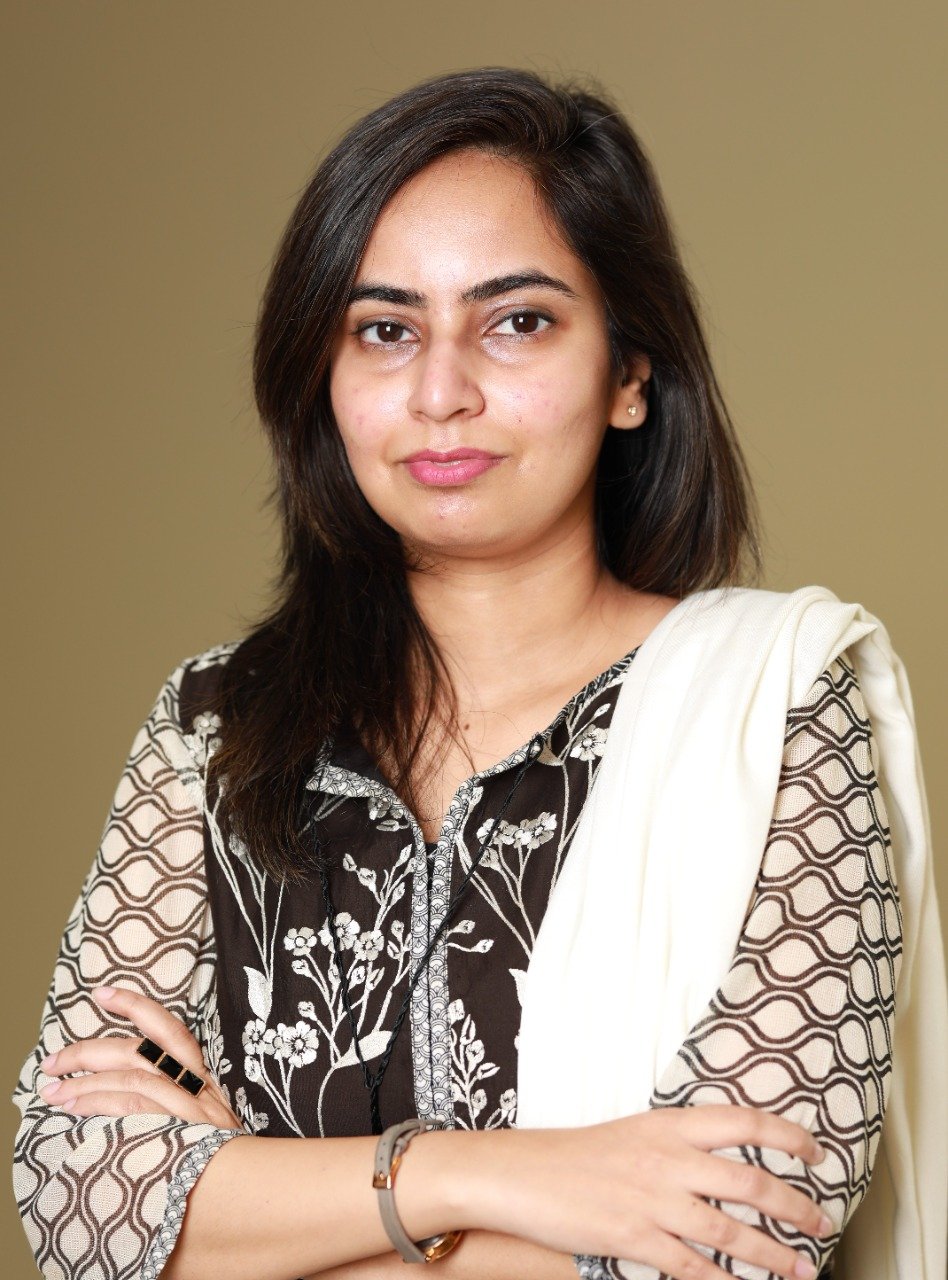Fellowship FAQs
A two-year, full-time opportunity for university graduates and young professionals from diverse fields to teach in under-resourced schools leadership capabilities in their students and themselves.
Our 2024 cohort will be placed in Karachi and Islamabad.
Karachi Cohort can expect to be placed in the following districts:
- Karachi South
- Karachi Central
- Karachi East
- Korangi
Islamabad Cohort will be placed in the following rural sectors:
- Nilore
- Tarnol
- Sihala
- Bhara Kahu
You can select your preferred city of placement in the application form.Teach For Pakistan will aim to match candidates to their preferred placement region. However, Fellowship spots in each region are limited. If you are unable to secure a spot in your preferred placement region, you may be given an opportunity to join the 2024 Cohort in a different city.
Fellows will receive:
– Intensive, six-week, pre-placement training focusing on pedagogical skills, leadership, community mobilization.
– On-going support during the Fellowship, including monthly lesson observations and one-on-one coaching conversations to help you meet your goals for your classroom, school/community and your own growth
– Monthly day-long training sessions based on needs jointly identified by Fellows and their coaches
– Mentoring through a network of expert teachers
– Connections with teachers across the world through participation in Teach For All virtual and/or in-person events.
The two-year commitment is necessary for this experience to have a life-altering impact on students and Fellows alike. Achieving the ambitious outcomes we want for children in low-income communities requires Fellows’ tireless efforts for at least two years. These foundational years are also critical for Fellows to develop a deep understanding of the challenges and assets in their placement communities, and grow their own leadership abilities so that they can work effectively towards system reform in the long-term.
If you would like to be a Teach For Pakistan volunteer, write to us at [email protected].
Teach For Pakistan will offer two placement regions for 2024. Only candidates who meet the following conditions can qualify for the ‘Outstation’ status:
a) For placement in Islamabad, those who are relocating to Islamabad in August 2024 exclusively for the Fellowship and whose permanent residence i.e. family residence is 70kms out of Islamabad.
b) For placements in Karachi, those who are relocating to Karachi in August 2024 exclusively for the Fellowship and whose permanent residence is outside the seven districts of Karachi (Karachi East, Karachi West, Karachi South, Karachi Central, Malir, Korangi and Keamari).
Candidates with any number of years of experience are welcome to apply for the Fellowship. You will be evaluated based on your Bachelor’s degree along with your work experience. Please make sure to add all of your educational qualifications, internships and work experience in the application.
The Fellowship is an opportunity to develop leadership skills and professional skills, including management, communication, planning, data analysis, organizing, self-motivation and collaboration with people across various fields. These are all skills that are highly transferable from teaching to other fields such as policy, business, management, and journalism etc. That is what makes this two-year experience compatible with the pursuit of a broad range of personal and professional goals, and why graduate schools, employers and scholarship schemes across the world recognize and value the Teach For brand. Throughout the two years, Fellows will also be provided with networking and mentoring opportunities for career development.
215 Alumni have completed the Fellowship so far. The TFP Alumni have continued to pursue our shared vision, rewriting government school textbooks, training thousands of teachers, turning around struggling schools, innovating through ed-tech and mobilizing resources for education development. They practice the leadership skills they developed through the Fellowship in their work across public, private and non-profit sectors. Currently, we have 163 Fellows working in various schools across Islamabad.
Teach For Pakistan is an independent, locally governed entity. We are incorporated with the SECP as a Section 42, non-profit company. We are a partner in the Teach For All global network of 60+ similar, independent national organizations. Teach For All provides all its partners with technical support, and a platform to share knowledge, learning and experience
We encourage individuals from all academic and professional backgrounds to apply. Our requirements include:
– Minimum 16 years of education completed by June 2024.
– At least a Bachelor’s degree from an accredited university, completed by June 2024.
– Pakistani citizenship or a valid National Identity Card for Overseas Pakistanis (NICOP) or Pakistan Origin Card (POC).
– Fluency in Urdu and English.
– Successful completion of the pre-placement Training Institute in July and August 2024
– Two-year commitment to the Fellowship with placement in Islamabad and Karachi.
In Islamabad, Teach For Pakistan partners with the Federal Directorate of Education (FDE), which places Fellows in government schools in keeping with their needs.
In Karachi, Fellows will be placed in public schools according to the School Education & Literacy Department, Sindh’s needs.
Yes, students currently enrolled in international universities are encouraged to apply. Anyone with a Pakistani citizenship or a valid National Identity Card for Overseas Pakistanis (NICOP) or Pakistan Origin Card (POC) is eligible to apply for the Fellowship
Teach For Pakistan has been running its Fellowship program in government schools in Islamabad. Our partnership with the Federal Directorate of Education helps support the program financially.
Along with the Federal Directorate of Education, Teach For Pakistan also receives support from a number of donors. Please find a detailed list of our donors here.
You can apply for the Fellowship by submitting the Application form found here. The final deadline to apply is March 31, 2024.
Often in high-level policy dialogues, between politics and budget, the lived realities of our people can be overlooked. But I continue to bring what I learned at Teach For Pakistan to my current role to help ground myself and my team and challenge our thinking on policy reform.
Amna Akhtar
2012-2014 Fellowship Cohort
Senior Associate, UNDP
